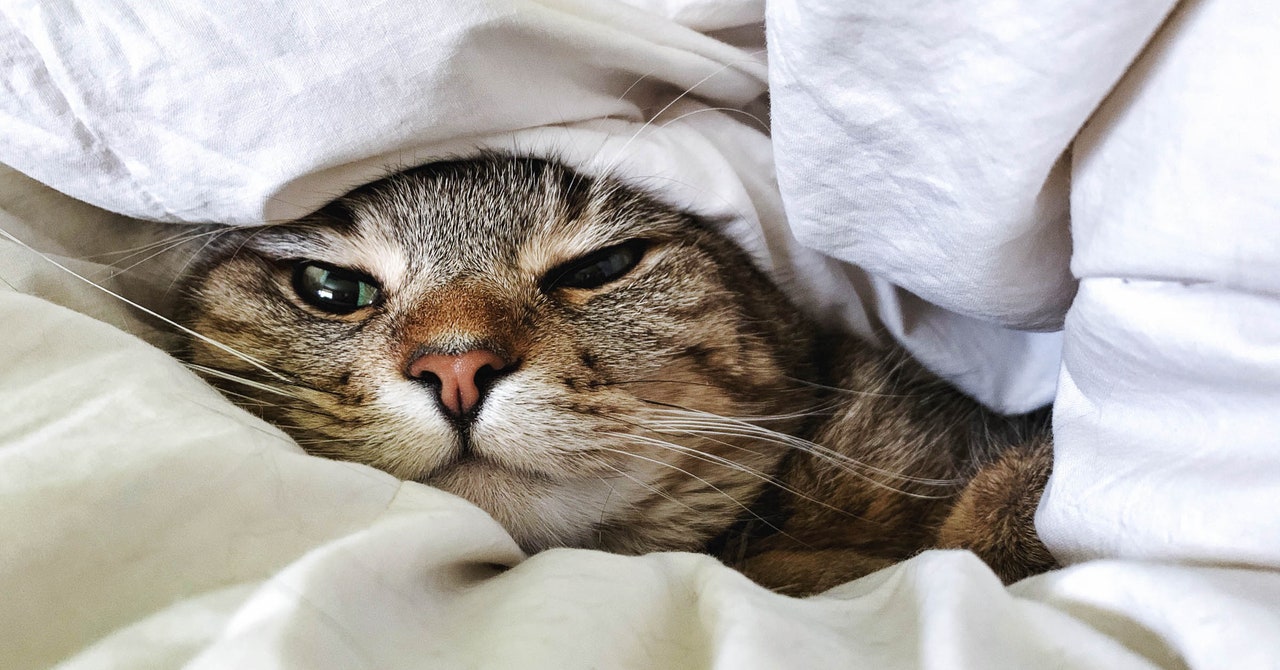Here’s a little secret about the coronavirus crisis: If you and your loved ones are healthy and financially secure—for now—then some not-so-small part of you might just be enjoying this whole thing. Lazy days at home, ALL CAPS headlines, desolate parking lots, that warm-and-fuzzy-end-of-the-world feeling. The turmoil is thrilling from afar. The internet works just fine. And, let’s be honest, you needed a break from the daily grind.
These pandemic days flow by in waves of exhilaration and stillness. Who knew a trip to the grocery store could be so exciting? Bread-and-milk runs have become surgical raids: Sterilize the grocery cart with a disinfectant wipe, scout out the TP aisle, exchange sideways glances with the could-be infected, grab the essentials, and get the hell out of there. Later, as another news alert interrupts the Netflix stream, the group text explodes: “This is crazy,” everyone says from their respective couches. Few hasten to add that crazy is also sort of fun.
Postapocalyptic stories have long shown the lighter side of disaster. In the 1970s, science-fiction writer Brian Aldiss coined the term “cozy catastrophe” to describe a fictional plot in which a bourgeois protagonist finds pleasure while the world goes to shit. “The essence of cozy catastrophe is that the hero should have a pretty good time (a girl, free suites at the Savoy, automobiles for the taking) while everyone else is dying off,” Aldiss wrote. He was writing in reference to the postapocalyptic landscapes of John Wyndham, author of The Day of the Triffids, a bio-disaster novel in which, as Aldiss saw it, the narrator not only survives but thrives. In an essay at Tor, Jo Walton outlines the characteristics of the subgenre: “In the classic cozy catastrophe, the catastrophe doesn’t take long and isn’t lingered over, the people who survive are always middle class, and have rarely lost anyone significant to them. The working classes are wiped out in a way that removes guilt. The survivors wander around an empty city, usually London, regretting the lost world of restaurants and symphony orchestras.” Just the other day, a friend said to me, wistfully, “Man, I miss eating at restaurants.” He’d gone a whole week witho

